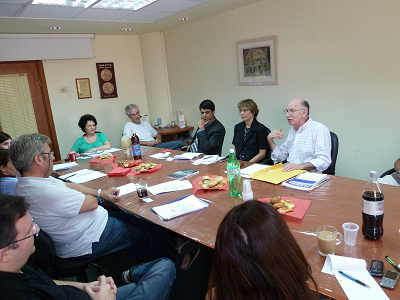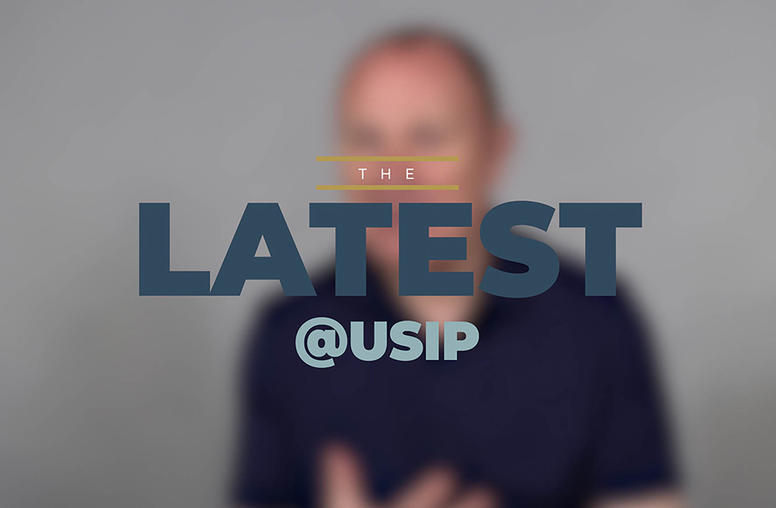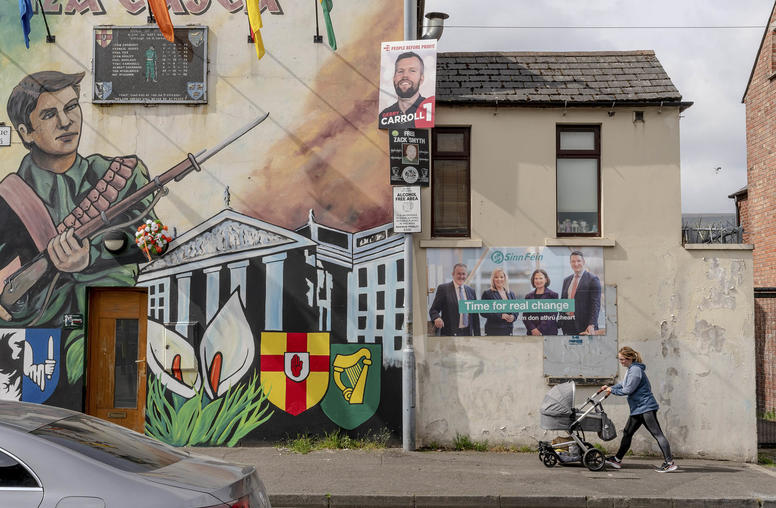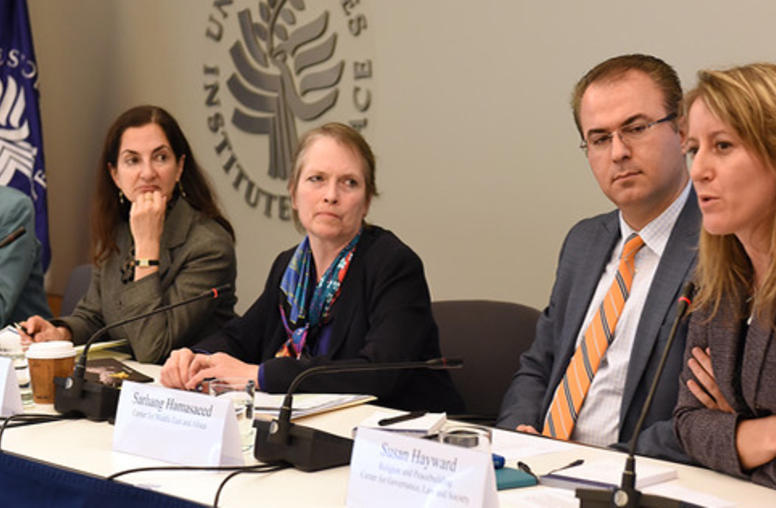Ted Feifer visited Israel, at the invitation of the United States Department of State, to discuss lessons learned from mediation at the international level and their relevance to community mediation as part of American Embassy’s Tel Aviv Mixed Cities Program, October 3-7, 2010.
Ted Feifer visited Israel, at the invitation of the United States Department of State, to discuss lessons learned from mediation at the international level and their relevance to community mediation as part of American Embassy’s Tel Aviv Mixed Cities Program, October 3rd through 7th. The Embassy program is a response to riots between Arabs and Jews in Akko two years ago. Feifer participated in eight events in the cities of Akko, Lod, Yafo, Ramle and Jerusalem, which attracted 174 participants, during his five days in Israel. 
These events included three meetings with groups working on community mediation and coexistence and dialogue in Jerusalem Meetings took place with volunteer mediators from two Ramle community dialogue forums, a group of students from a Jewish and Arabic high school in Yafo, and members of a community forum and mediators in Lod. In addition, a day-long capacity-building seminar sponsored by the Akko Mediation Center included local government officials, professional and volunteer community mediators, and police officers from the mixed and other towns.
Participants shared their experiences as community mediators in mixed cities involving different religious, ethnic, communal and cultural backgrounds, and the challenges they face with conflict management and resolution. Participants compared and contrasted the community mediator’s role with the roles played by volunteer mediators in their own communities. They also discussed the lessons learned from cross-cultural mediation in cities such as Belfast, Sarajevo, Johannesburg, and Beirut – as well as Israel.



